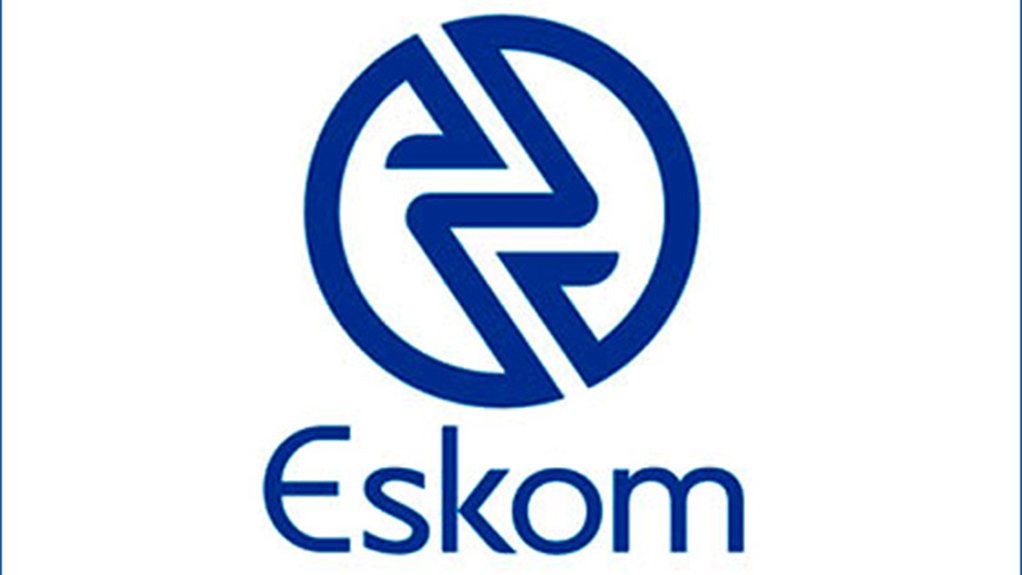The environmentalist groups taking the Department of Energy (DoE) to court over the nuclear procurement programme claim its decision in late 2016 to make Eskom the nuclear energy procurer was unlawful.
This view is contained in an answering affidavit filed by Earthlife SA and the Southern African Faith Communities’ Environment Institute (Safcei) on Monday.
It forms part of the Western Cape High Court case preparation for the nuclear energy court hearing, which has been postponed to 22 February. It is also in response to Energy Minister Tina Joemat-Pettersson’s responding affidavit signed on December 22, 2016.
The minister had been ordered by the court on 13 December to provide it with documents that outline the events that led to the decision to move the role of procurer from the DoE to Eskom.
In her response, the minister said she was “not aware of any legal rule or court order” preventing her from amending the 2013 nuclear procurement determination.
“In this regard, I have taken note of some wild, unfounded and irresponsible accusations that this time amendment to the 2013 determination was calculated and timed to derail the present litigation,” she said.
On Tuesday, Earthlife SA and Safcei said in a statement that their court papers “revealed that the Minister of Energy took an unlawful decision in secret and without any regard to required input from the public”.
The court papers said the December 2016 determination to move the nuclear procurer from the DoE to Eskom was unlawful. It also said the 2013 determination – gazetted in December 2015 – that made the DoE the procurer was unlawful.
“It was made absent any public participation process or other consultative process by the minister or by Nersa (National Energy Regulator of SA).
“The minister irrationally and unlawfully blindly followed the outdated IRP 2010, instead of making a current and independent determination of how much nuclear generation capacity was required.”
It believes Nersa – who also signed the determination – made the decision because “it mistakenly believed that it was compelled to give its consent”.
“The determination failed to specify the tender procedure to be used by Eskom…”
It cited the lack of public participation regarding the determination as “procedural unfairness and/or procedurally irrational”.
“The designation as Eskom as the procurer, rather than the DoE, was not merely a formality,” it argues. “It raises serious questions in relation to the financial implications which should have been open to public comment.”
“Since the consumer and taxpayer and general public will ultimately pay for the costs of energy procured from nuclear power and would materially and adversely affected by higher costs, financial considerations … are factors specifically applicable to Eskom in regard to which the public should have been afforded an opportunity to comment.”
“By failing to undertake a public participation process, the minister and Nersa failed to afford the applicant (and other members of the public …) an opportunity to influence the decision.
“It was therefore procedurally unfair, and the decision-making process was not rationally connected to the purpose of properly determining how much nuclear new generation capacity was required, and which entity should procure it.”
Commenting on the affidavit, Safcei spokesperson Liz Mcdaid said “the secretive manner in which the minister is making nuclear decisions further undermines open government”.
“South Africa is a democracy until it comes to nuclear energy, and then it becomes an autocracy,” she said.
“It seems the people have no say, and legal requirements are ignored or bent to ensure nuclear gets the go ahead.
“We are now reliant on expensive complex court processes to force government to consult the people that will be most affected, - especially the poor and vulnerable who will not be able to afford increasing electricity prices.”
EMAIL THIS ARTICLE SAVE THIS ARTICLE
To subscribe email subscriptions@creamermedia.co.za or click here
To advertise email advertising@creamermedia.co.za or click here











